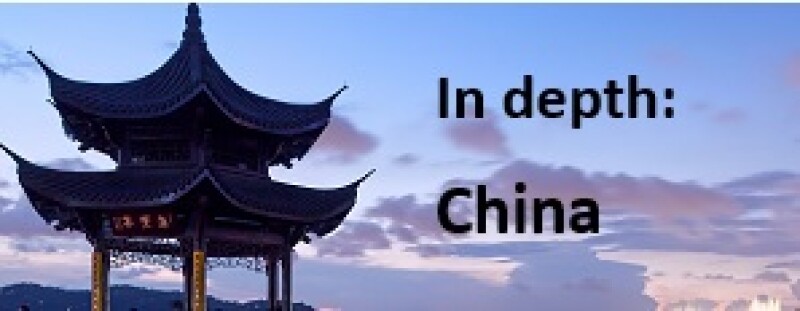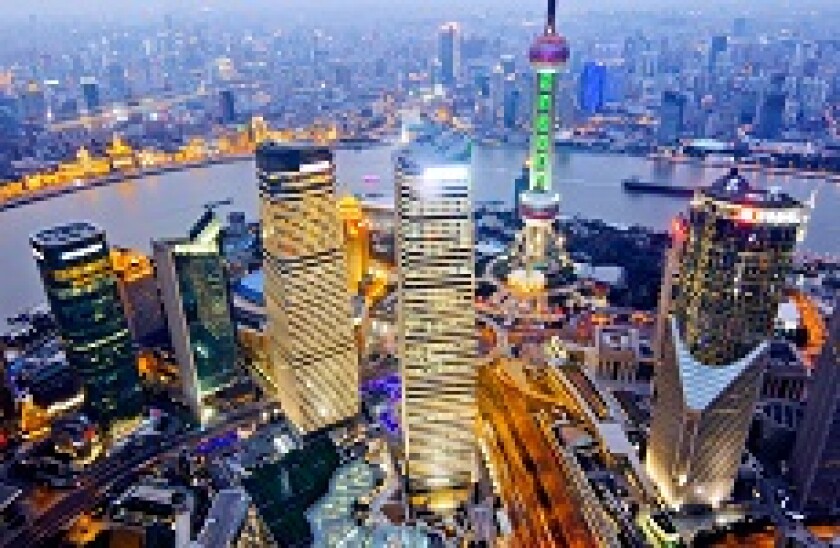Christmas came early for Chinese issuers last week, when the China Securities Regulatory Commission (CSRC) announced on November 6 that it was resuming IPOs. At the same time, the regulator delivered a surprise by laying out new procedures for listing candidates.
This includes a plan to abolish the pre-payment policy for IPO subscriptions, so investors will only need to pay for what they have been allocated after the balloting process. Floats of 20m shares or less will also not be bound by a maximum valuation of 23x P/E, giving the issuer and bookrunners the power to determine pricing for small-cap names.

Other changes to the IPO framework include allowing transactions to be cancelled if online and offline subscription levels are below 70%. This, in turn, will allow brokers to better manage their underwriting risk, added the CSRC.
“On Weibo and WeChat people are taking the re-opening of IPOs as a positive sign, because it shows the equity market is on stable footing,” said Ivan Shi, senior manager for research at Z-Ben Advisors in Shanghai. “IPOs are still very attractive because valuations are capped at 23x P/E, and there is a very limited supply of new listings.”
Some 28 companies which had planned to list in July, but were stalled by the nationwide suspension during the summer rout , will now be able to proceed by year end. They are expected to raise up to Rmb15bn ($2.4bn), according to Nomura Global Markets Research. The first batch of IPOs in November will consist of 10 companies.
“A healthy market generally needs a functioning primary and secondary market, so the clock was ticking for China to re-open the IPO market,” said Arthur Kwong, head of Asia Pacific equities at BNP Paribas Investment Partners. “The key is to strike a balance given the significant retail involvement in A-shares.”
Balancing act
Meanwhile, the regulator intends to let the market take on a more active role, using small-cap firms as a testing ground for market-based pricing. In addition, online investors that fail to pay for their allocations three times over a 12-month period will be barred from participating in IPOs for six months.
“The government felt that it was the right time to resume normal operations in the IPO market and they were right,” said Changhong Wang, head of China ECM and corporate finance at Citic CLSA Securities. “Normally when you open a market of this size investors will dump shares. But that didn’t happen.”
Chinese stock gauges officially entered bull territory this week. Since hitting a low of 1,696 on August 25, the Shenzhen Stock Exchange Composite Index has rebounded by roughly 33%. The benchmark Shanghai Index, meanwhile, has gained some 24% over the same period.
However, as the 28 companies to be listed this year will come under the old system, the first batch of 10 IPOs could lock-up close to Rmb1tr if they were to all happen around the same time, according to Nomura.
Nonetheless, the new guidelines give a taste of bigger changes that are to come next year when China shifts from an approval to a registration based regime for IPOs, reckon market watchers. China’s parliament began a sweeping review of its Securities Law in April, which if passed will see the CSRC transferring its power to approve listings to the country’s two stock exchanges.
Hong Kong vs China
But Hong Kong will still have an edge. “If an issuer wants to list next year, he can be reasonably certain that a Hong Kong IPO will allow him to achieve this, while in China you will have to join the queue and wait three to five years,” said a banker at a bulge bracket firm.
That is why the mid-term plan of many Chinese issuers that want to pursue both an A and H share IPO will be to list in Hong Kong first and then in China later if there is a window, he added. A presence on both platforms gives the issuer the flexibility to capture different windows for fundraising and arbitrage gaps in valuation.
“The long-term impact to Hong Kong might be that some issuers will go with an A-share listing rather than H-share because they can get higher valuations,” reckons Citic CLSA’s Wang. “Some clients will waver a bit on listing in Hong Kong.”
But even as a number of US-listed Chinese companies have or are in the process of delisting in favour of an IPO closer to home, the resumption of A-share IPOs does not diminish the appeal of Hong Kong, said Stephen Peepels, head of US capital markets, Asia, for law firm DLA Piper.
According to him, it is not clear whether those firms will choose a Hong Kong or China listing. This is because many of the companies, having established an international investor base through their US IPOs, will want to maintain that position, making Hong Kong the most viable option.
“An A-share IPO could effectively shut out a good number of international investors which had bought into those companies but don’t have the mandate or approval to invest in Rmb -denominated equities, or are prevented from doing so due to governance issues,” added Peepels .

